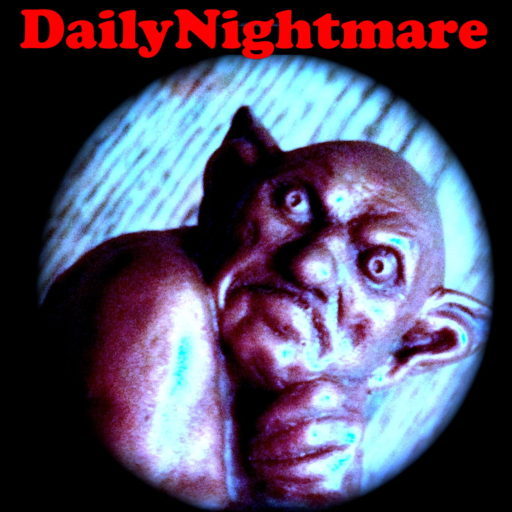I have often stared at the biographical dates of one historical figure or another and tried to work out exactly what that person was up to when he or she was my current age. Maybe you too. Other figures, often fictional ones, have no set dates, only clues, hints buried in backstory. For instance, what was Viktor Frankenstein like at age 16? Kenneth Oppel takes that question and builds a narrative world on a few references in Shelley’s novel. The first volume recounting this world is This Dark Endeavor: The Apprenticeship of Victor Frankenstein(Simon & Schuster, 2011) with a second volume, Such Wicked Intent, due out in August. The boyish looking Canadian auteur came through town last night on a book tour so Elsa L. and myself stopped by Nicola’s Books to hear what he had to say for himself.
I confess that my snobbish tastes don’t warm easily to Young Adult fiction — it feels too often like a “market” rather than an actual “literary type.” The peace I’ve made is that I ask of Young Adult literature the same that I require of horror culture or art in general, namely that it present meaningful reflections on the human condition, mortality, ambition, courage, knowledge, society, desire, etc. And that it do so in language that is suitable if not captivating. On these criteria, This Dark Endeavor passes.
To commend it, well, anything that can get those darned YOT (Youth of Today) to attend to the COY (Classics of Yore) is a good thing, IMHO. There are definitely easier stories to turn into acceptable fiction that youth can be allowed to read in the safety-obsessed culture of ours. Viktor Frankenstein is the original mad scientist / bad father. HE is more a monster than his creature, Shelley’s critique of Byron, I believe. In his talk, Oppel did a double-plus good job of suggesting the dark origins of Shelley’s Frankenstein without going into all the messy intricacies of, um, sex, drugs and romantic poetry. He summed it up aptly by noting something to the effect that “Byron was like a rock star.” Indeed.
In the passage of the novel that Oppel read, Viktor, his twin brother Konrad, and a distant cousin Elisabeth discover a hidden library of occult books — a library the pater familias warns them never to visit again. I couldn’t help but feel this discovery was a potent metaphor especially for Young Adult literature. A large corpus of more dangerous, more “adult” literature lurks gently concealed in Oppel’s tale — the suppressed alchemy of Cornelius Agrippa, the somewhat tragic life of Mary Shelley herself, the insane verse of Byron and Shelley (and I use “insane” lovingly and with affection – see Touched with Fire: Manic-Depressive Illness and the Artistic Temperament by Kay Redfield Jameson Simon & Schuster, 1990). Books, especially those like This Dark Endeavor, are gate way drugs to a wider world of literature, sometimes literature that is hardly parent-approved. But that transition from official bibliographies to personally directed reading lists is a key aspect of development as a reader – as a student – of any literature, whether this shift is expressly transgressive or not.
I was glad to be able to snatch up a copy of This Dark Endeavor and have it signed — sentimental fool that I am. I was lucky too. Kenneth Oppel had visited two middle schools during the day complete with a PowerPoint presentation and had so captivated his audiences that they sold through all the stock they brought with. Perhaps there is hope for those YOTs after all.

